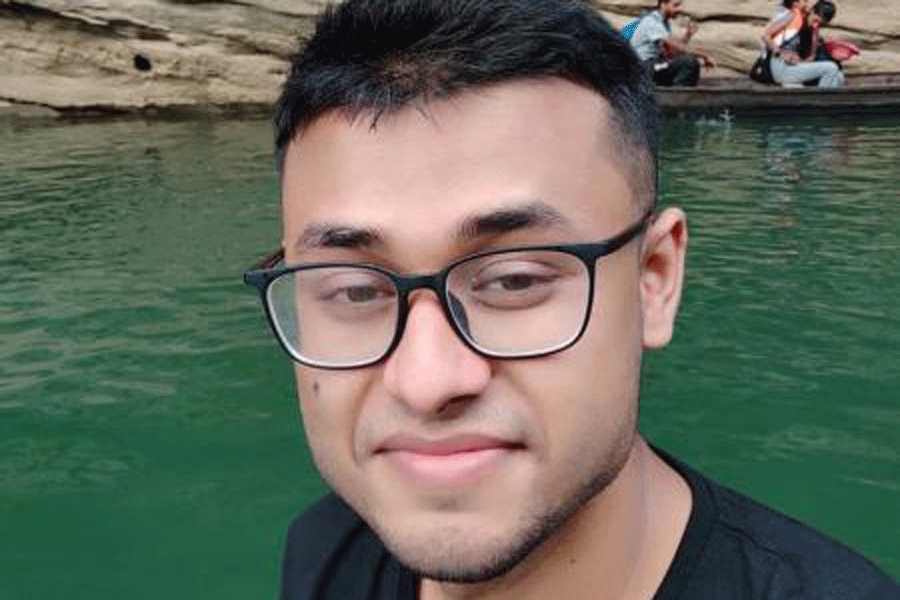The special investigation team (SIT) that is probing the death of an IIT Kharagpur student told Calcutta High Court on Wednesday that the institute had informed them that their students could be questioned after November 25.
The SIT has identified around 20 students for questioning. All of them were classmates of Faizan Ahmed, a third-year student who was found dead on the IIT Kharagpur campus in October 2022.
The IIT authorities has apparently told the SIT that the students were currently writing their exams and can be questioned only after November 25.
The high court had asked the SIT to file a progress report on November 20.
The SIT is headed by K. Jayaraman, additional director-general (headquarters), Bengal police. He is being assisted by inspector Sankar Chowdhury, of the Bengal Special Task Force, and Manik Lal Karfa, of tthe CID.
Justice Jay Sengupta of Calcutta High Court heard the case on Wednesday. Inspector Chowdhury was present in the court during the hearing.
Justice Sengupta said during the course of the hearing: “The IIT authorities should come forward to assist the investigation.”
Justice Rajasekhar Mantha, who was hearing the case before it was transferred to Justice Sengupta’s court, had said on June 15: “In view of the serious omissions in the first post-mortem report and the misdirection of the earlier investigation, this court permits the newly appointed investigating team to, if necessary, conduct a truth serum and narco analysis test on any of the witnesses or persons they deem necessary to throw light on the incident.”
Justice Sengupta fixed the matter for hearing on December 18 and asked the SIT to come to court that day with a comprehensive progress report.
Calls, a text message and an email from this newspaper to IIT Kharagpur director V.K. Tewari did not yield any response.
The probe team submitted in the court a forensic report on the preserved articles of the deceased student.
Aniruddha Mitra, one of the lawyers representing Faizan’s family, said: “The court declined to share with us the forensic report at this moment.”
A member of the investigation team had told this newspaper on October 31 that they would carry out their probe based on an August 16 order of a division bench of the high court, which had said the investigation into the death should proceed based on the findings of the second post-mortem.
The second post-mortem, which was conducted in Kolkata after Faizan’s remains were exhumed at his hometown in Assam’s Dibrugarh, suggested that the death could be a case of homicide.
The first post-mortem, which was conducted at the Midnapore Medical College and Hospital, was allegedly inconclusive.
The second post-mortem was conducted at the Kolkata police morgue under the watch of a court-appointed forensic medicine expert.
Appearing for the IIT, barrister Anindya Mitra said: “My client has moved an appeal challenging the maintainability of the case before a division bench of this court. At a time when the matter is pending before a higher court, how can this court hear the case?”
